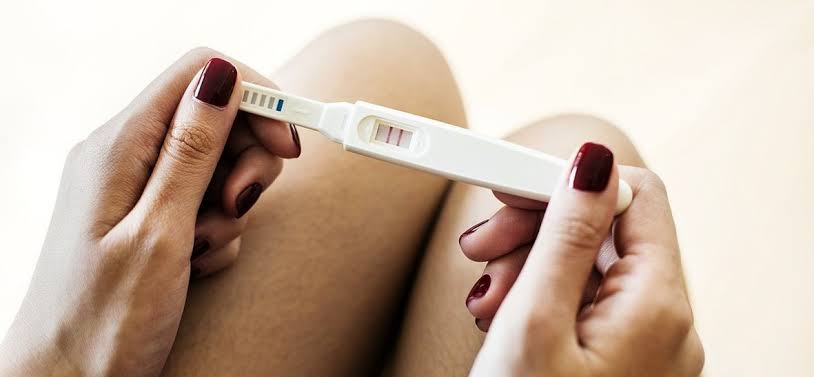As soon as pregnancy begins, your body undergoes changes that may be the first sign of pregnancy. While the only way to confirm a twin pregnancy is through an ultrasound, some symptoms may suggest that you are carrying more than one baby. In this article, we will discuss the signs of being pregnant with twins and what to look for.

Morning Sickness
Morning sickness can begin as early as the fourth week of pregnancy. Some people pregnant with multiple babies report experiencing elevated levels of morning sickness or morning sickness that lasts longer into their pregnancy. Experiencing nausea and vomiting that lasts beyond the 14th week of pregnancy could indicate that you’re pregnant with multiple babies.
Fatigue
Fatigue is also a very early pregnancy sign. In the first weeks, and sometimes even before your missed period at 4 weeks, you may begin to feel exhausted. Elevated hormone levels, along with possible issues like sleep interruptions and increased urination, may disrupt your ability to get your usual amount of rest.

High HCG
Human chorionic gonadotropin (hCG) is a hormone produced by the body during pregnancy. A 2018 study showed that those pregnant with multiples may have a higher than expected hCG count. If you’re undergoing certain fertility treatments, you may have blood drawn to check on your hCG numbers.
Second Heartbeat
Your baby’s heartbeat may be heard as early as 8 to 10 weeks using a fetal doppler. If your OB-GYN thinks they hear a second heartbeat, they’ll likely suggest scheduling an ultrasound to get a better picture of what’s happening.

Measuring Ahead
Measuring ahead isn’t an early sign of twins, as it’s unlikely that your provider will measure your belly until after 20 weeks of pregnancy. At this stage, it’s likely you have an ultrasound scheduled if you haven’t already had one.
Early Movement
Since most parents don’t report feeling movement until around 18 weeks, this isn’t an early sign either. Your baby moves in the womb from the beginning, but it’s unlikely you’ll feel anything until your second trimester.

Increased Weight Gain
During the first trimester of your pregnancy, weight gain is likely to be relatively low. If you are gaining weight faster during your first trimester, you should speak with your OB-GYN about possible causes or concerns. The Centers for Disease Control and Prevention (CDC) notes weight gain guidelines for women pregnant with twins, which are based on pre-pregnancy body mass index (BMI).
Ultrasound
The only sure way to know you’re pregnant with more than one baby is through an ultrasound. Some doctors schedule an early ultrasound, around 6 to 10 weeks, to confirm the pregnancy or check for issues. If you don’t have an early ultrasound, know that you’ll be scheduled for an anatomy scan around 18 to 22 weeks.
Chances Of Having Twins
According to the CDC, the rate of twins was 32.6 twins per 1,000 total births in 2018. Many different things contribute to the number of twins born each year. Factors like age, genetics, and fertility treatments can increase your likelihood of becoming pregnant with twins.
In conclusion, while experiencing these symptoms may suggest a twin pregnancy, they can also be experienced in a singleton pregnancy. It’s important to speak with your OB-GYN if you have any concerns or questions. Remember, the only way to confirm a twin pregnancy is through an ultrasound.

